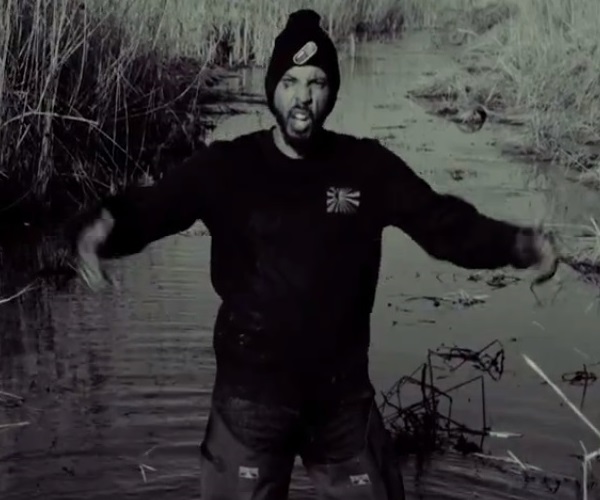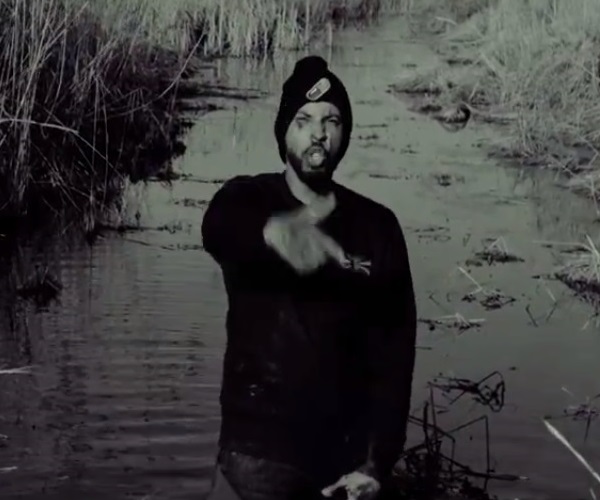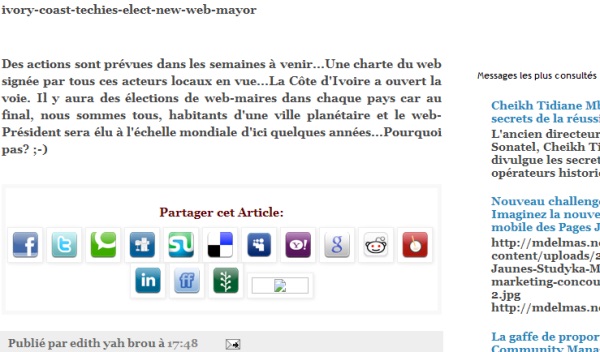
This is just a warning with respect to the recent 'web municipal elections'(!) in Ivory Coast.
Revisiting the facts
It all started like a joke, there was even an agama reptile among the candidates (obviously a fictive character).
The initial idea seems to be some elections parody, some way of showing that technology and its users were able to come up with peaceful, transparent elections.
The project appears online a couple of months back, then follow some online promotion through Facebook and Twitter and a few weeks later, about 500 people take part to the alleged virtual election.
A few local and international blogs relay the story, it all suddenly gets serious, there's even an investiture ceremony(!), the Ivorian Web population(?) would purportedly be having a mayor...
The parody assumes a new form, and with baby steps, some projects of taking over responsibilities and placing regulations are starting to raise...
A couple of definitions
First off, it's important to understand what this is about.
What's a mayor ? A mayor is the highest-ranking officer in the municipal government of a town or a large urban city. He is the Chief Executive Officer of the municipality. He represents the municipal AUTHORITY. He holds the EXECUTIVE POWER at city level.
Because it's not enough anymore to create project and improve the users condition as entrepreneurs do. It's not enough anymore to communicate ideas like bloggers do. No, It's not enough to sell products and services online as e-marketers, now it's about try to control how things should work ? To control whom ?
Politics : The art or science of influencing other people on a civic or individual level. It refers to achieving and exercising positions of governance — organized control over a human community, particularly a state. A variety of methods is employed in politics, which include promoting its own political views among people, negotiation with other political subjects, making laws, and exercising force.
Based on those two definitions, the idea of an apolitical mayor doesn't make much sense. But we will get back to that soon enough.
Analysing the current context based on analogies
A couple of start-ups (small private companies) decide on their own to launch some elections in order to appoint a mayor within their web community. The community part itself is ambiguous. Is it just the Internet users they personally know ? Or everyone they are connected to online ? Or is it about all the Internet users throughout the whole country ? Anyway, the project 300 Facebook fans and 13 Twitter followers don't really suggest that the whole country was feeling concerned about this election thing (I am just saying).
The analogy between the Web and a city doesn't work too well in this case because the web represents freedom, among other things it's a more or less neutral platform where everyone can express themselves.
The analogy that work best here would be a comparison with a beauty pageant:
-managed by a private/autonomous organization
-winner selected based on some physical/intellectual attributes
-the audience being made up of only those who decided to join the game
-prizewinners try to make good deeds, but they don't try to exercise any power against the audience (and certainly not against those who have nothing to do with the contest)
To be fair, laureates of beauty pageants would generally have more impact as the important prize they win would give them the opportunity to do so. Also their title could be endorsed by their local authorities. But those are just details and the comparison works well for the most part.
Analysing the concept itself

I don't know the individual in person. I don't know whether he's motivated by a quest for domination, by the buzz effect or if he is still in the initial parody logic, but whatever. That's not the point. The concern is the idea of having a pseudo-web-mayor to begin with. Is it really something that the (Ivorian) Web community need ?
So far, there's no actual power, no budget, just intentions. But, over time, this project could reach a bigger scale, and even involve some influential people or groups trying to acquire more control.
No, wait, as a matter of fact, it has already started :

"Likely to happen in the coming weeks : a web charter signed by all these local actors..."
Who exactly is going to sign that charter ? Who are those actors who deserve to decide how the rest of the population should or should not use the Internet ? While there are places where some fight for their own freedom, is it the opposite in CIV with some Internet users working at reducing the freedom of other Internet users ?
Just as reminder, this is the definition of 'charter' : a document outlining the principles, rules, functions, and organization of a corporate or political body.
More rules ? More laws about the ways one can navigate the Internet in the country ? Is that really what we need ?
I am not saying everything in the country Internet ecosystem is already perfect. Actually, a lot of things could be done.
- People making efforts, doing research to improve things, that's good.
- Raising ressources, capitals, skills could boost the preparation, launch and management of different projets.
- Entrepreneurs with various skillsets launching projets to solve issues and to create value, that's great too.
But what exactly is the use of creating another form of authority as an attempt to control others ? How does it benefit the community as a whole ?
If some people feel like creating a syndicate with their own charter, they can - if they want. But that wouldn't give them the right to speak on behalf of a whole country. If the Ivorian Web community is made up of all the Ivorian people on the web, then it's not just the 534 people who took par to that vote. There are MORE than 20 millions people (20 000 000) living in The Ivory Coast, and each of them is a potential Internet user (many don't have access to the Internet yet, but it's just a matter of time). Many of these people are adults, educated or both. Therefore, those are people to be taken seriously. Additionally, there's also the diaspora.
Conclusion
This is just about being careful relatively to the next direction of that project. If everyone could keep on doing whatever they want to do without invading anyone else freedom, that would be great.
Maybe as an individual, my personal opinion doesn't matter, but beyond the 150 Internet users who endorsed this vote, the question is, out of the 20+ millions potential internet users in the country or attached to the country, how many don't want/need such an authority?
We are Legion.
Further clarifications >>